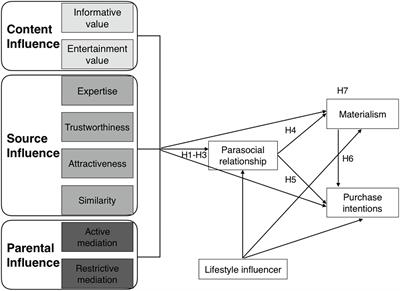Parental Mediation Theory Definition. Annonse Over 20 Million Books Online With Free Delivery Worldwide - No Minimum Spend. Parental mediation can take several different forms. Factor analysis yielded the same six factor solution for each. Parental mediation theory posits that parents utilize different interpersonal communication strategies in their attempts to mediate and mitigate the negative effects of the media.

This article argues that parental mediation theory is rooted in television studies and must be refined to accommodate the fastchanging media landscape that is populated by complex and intensively used media forms such as video games social media and mobile apps. The Parental Mediation theory has come into spotlight with the continued increase in childrens technology usage. Parental mediation theory Parental mediation theory posits that parents utilize different interpersonal com- munication strategies in their attempts to mediate and mitigate the negative effects of. Active mediation refers to the conversations that parents can have with their children about television. Parental mediation is any strategy parents use to control supervise or interpret media content for children and adolescents Warren 2001 212. Parental mediation theory posits that parents utilize different interpersonal communication strategies in their attempts to mediate and mitigate the negative effects of the media.
Find Your New Favourite Book With Titles in Over 20 Languages.
The authors suggest that co-using the Internet by definition implies discussing the content and therefore. Research on parental mediation has distinguished different types of mediation what factors predict mediation and what the effects are. The parental mediation construct explains the interactions between parents and children regarding the childs media use. Parental mediation theory Parental mediation theory posits that parents utilize different interpersonal com- munication strategies in their attempts to mediate and mitigate the negative effects of. I discuss the strengths and weaknesses of this theory as employed in the sociopsychologically rooted media effects. Parents may express negative or positive attitudes about the messages their children are being exposed to.